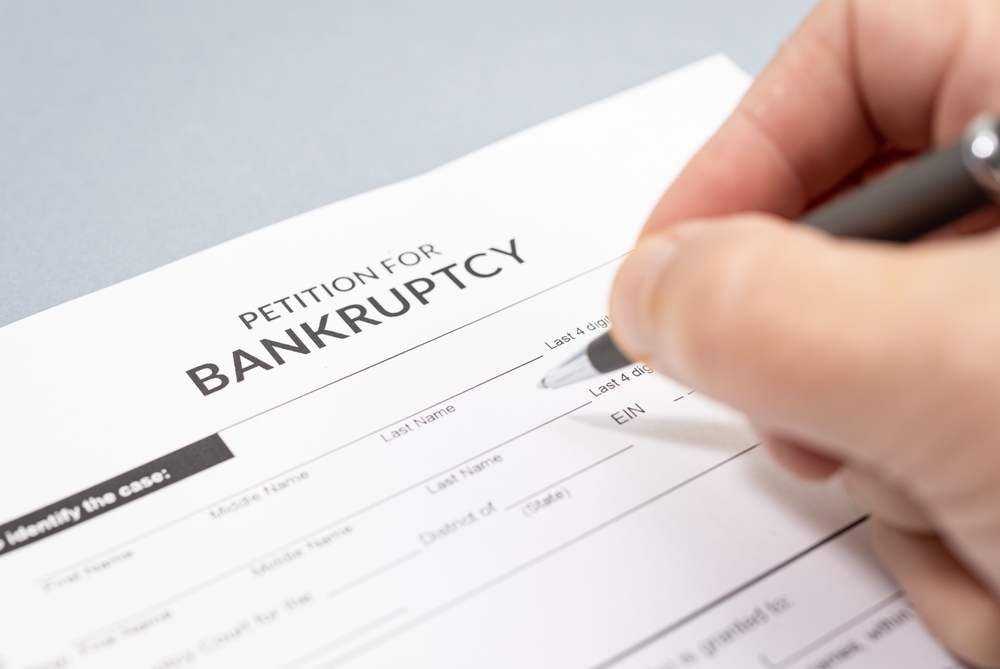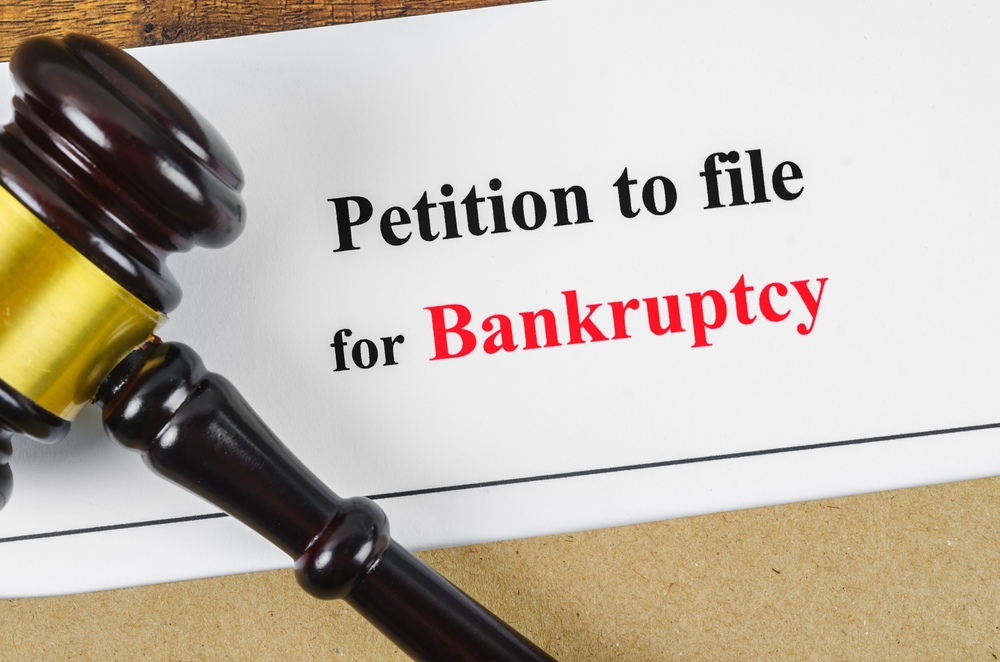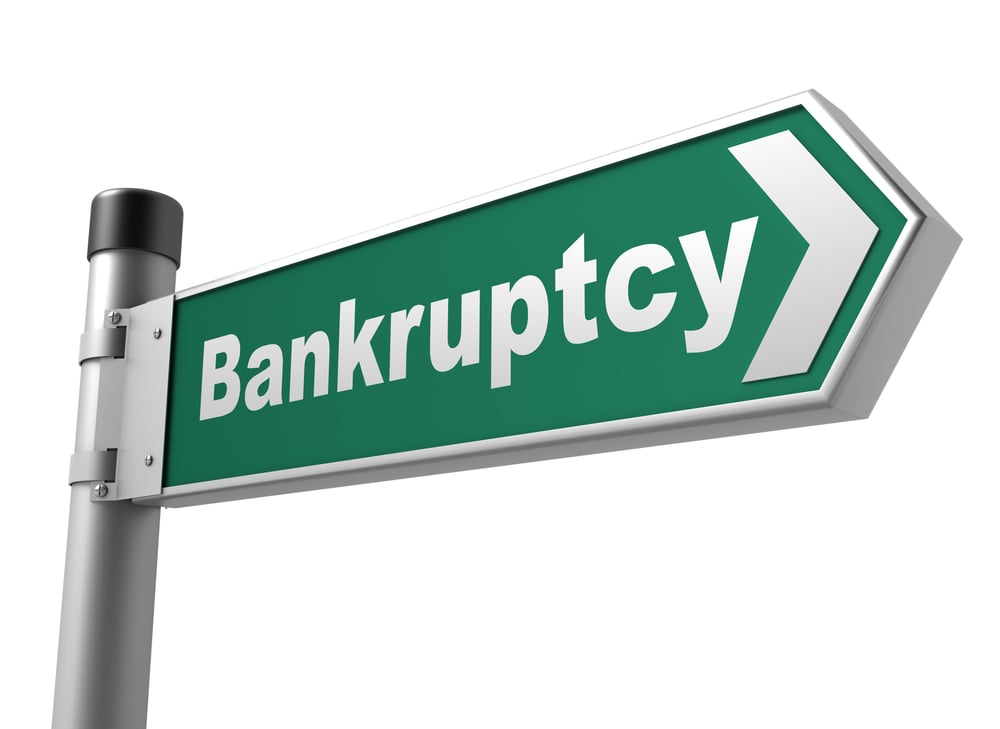A court filing in Hennepin County, MN on September 26, 2023 (court file no. 27-CV-23-12137), claims from 2013 to 2020, Hoglund, Chwialkowski & Mrozik P.L.L.C. n/k/a Hoglund & Mrozik, P.L.L.C. engaged in massive interstate advertising and marketing fraud spanning multiple states on its website, Google map location and lawyer listings, and by its conventional advertisements.
The Court Filing Says Hoglund Law Removed 229 Google Maps Listings Because They Were False.
A court filing in Hennepin County, MN on September 26, 2023 (court file no. 27-CV-23-12137), claims...


















